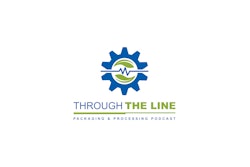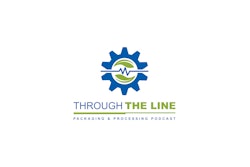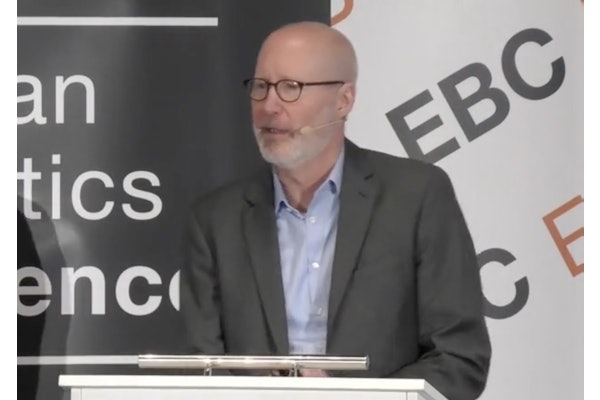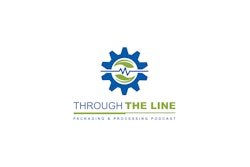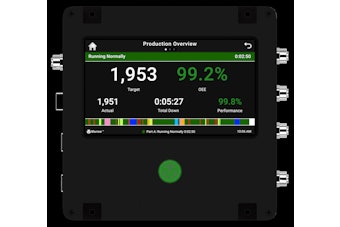Continuing the theme of "I didn’t know what I didn’t know" from a recent column I did, I’d like to address the role of contract manufacturing and contract packaging providers and their brand customers during plant trials.
We are talking about product development, so I’ll refer mostly to contract manufacturers here. I believe that the points that follow are relevant to both contract manufacturing and contract packaging situations in most cases.
Building an R&D group
I was part of the original commitment to building a formal R&D group at a major branded food company. In assembling the several functions involved for such an effort, we developed a desire to become the experts in formula, process, and packaging within our primary food group and package type.
This meant we did not choose to send formulas and packaging specifications to outside companies—especially contract manufacturing (CM) partners—and then pay them to create cases. (Note: That’s called a transactional model, and there’s nothing wrong with it when it works well.) But for our technical organization, we placed a high priority on being closer to the manufacturing process than simply specifying the product. So, we often chose a CM partner who was open to working with us and having us work with them.
This close partnership was often best demonstrated in our (the brand’s) participation in trial events at the CM. These might include specific unit operation processing trials, initial formulation benchtop or pilot trials, or trials on the production floor, where we would work to scale and eventually produce the products. While this is common for brands going through new product development and commercialization processes, I want to share some unique situations we encountered.
Situation 1: 'We can’t move without them'
This situation arose when we thought the CM was completely in charge and ready to begin the day of the trial—only to find they were waiting on someone from our team to say it was OK to actually start!
This often stemmed from our team covering so many details in so many ways that we unintentionally conveyed a lack of trust in the CM team. While actual distrust of the CM was rare, the perception played out when we arrived at the facility, made some small talk in a conference room, and then someone eventually asked about the trial start time. "Oh, we’re ready," the CM coordinator would reply. "We were waiting on you to join us on the floor to get started."
While we sometimes wanted the trial to work that way, by the time we got to production startups and such, we expected the CM to operate more independently. I tell this story to remind us that clear expectations need to be mutually built by all parties involved.
Situation 2: 'They just want us to get done with the trial'
This is sort of the opposite of the previous scenario. Here, the brand team assumes they’ll be fully accommodated in asking for information or seeing any part of the process they deem important or want to learn more about.
What matters is whether they’ve actually told anyone about it! If this sounds like the proverbial "ASSUME" acrostic, well… it is.
Has your technical team ever asked to see a certain step in the operation, such as partial batching sequences or specific testing from early in a process flow, only to find that task already completed—or worse, not even planned? Somewhere, there was a communication breakdown.
Situation 3: 'You’re not going on our floor'
Even when strong partnerships are in place, some companies still get leery about sharing too much of their "secret sauce." This happened with one CM provider who felt they had a distinct advantage over competitors—and maybe even over their brand customers, who were not yet producing the products they needed the CM to make.
When this happened to us, it challenged our mindset of "but we have to know it all" for that particular project. We developed a workaround involving our team participating in product evaluations in the QC or test lab—but not without significant conversations among our respective leadership teams.
I hope the reader can see that even with a trusted partner, the need to communicate well—especially about plant trials and their unique requirements—cannot be overstated.
Robby Martin is principal at 3-Fold Consulting.





